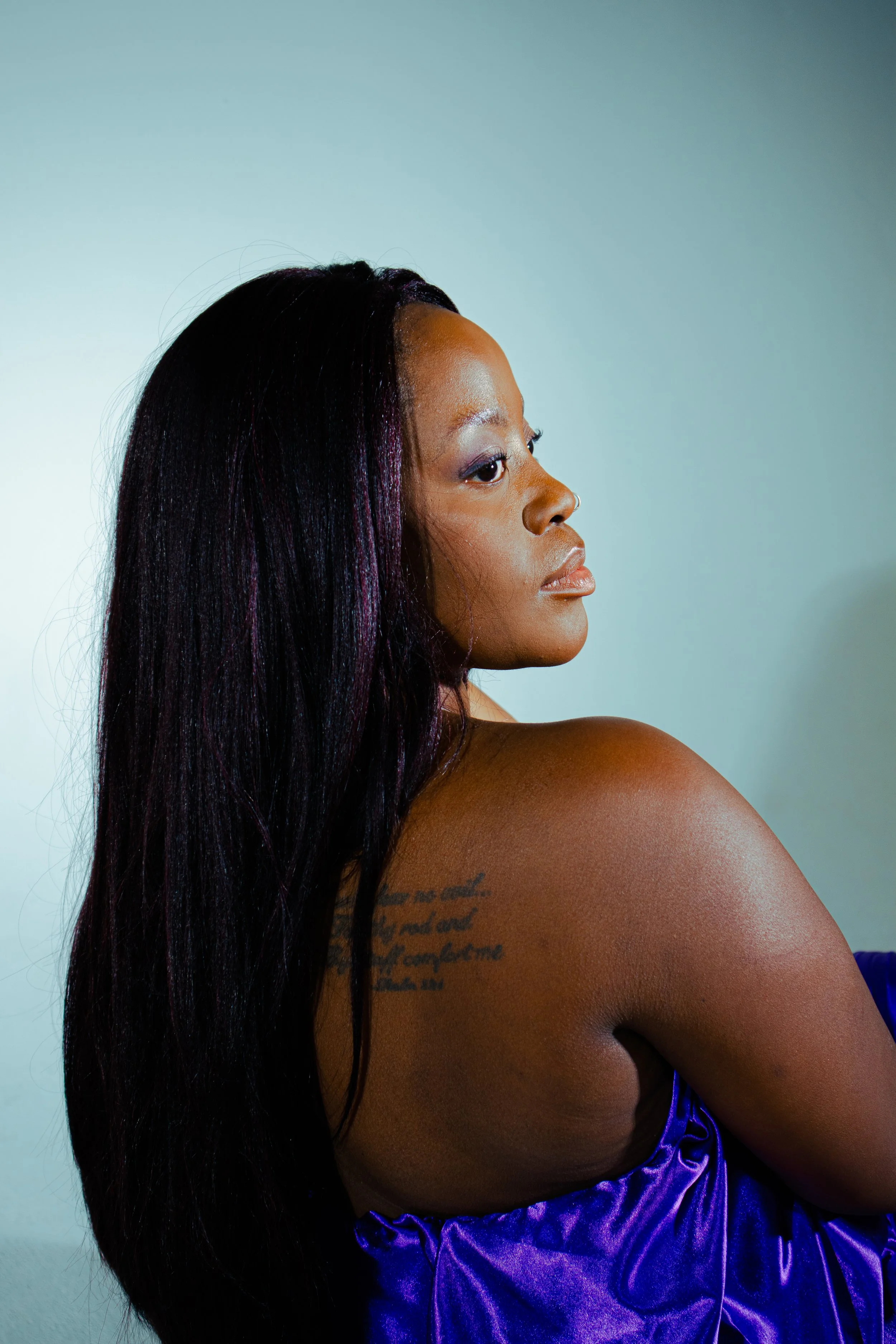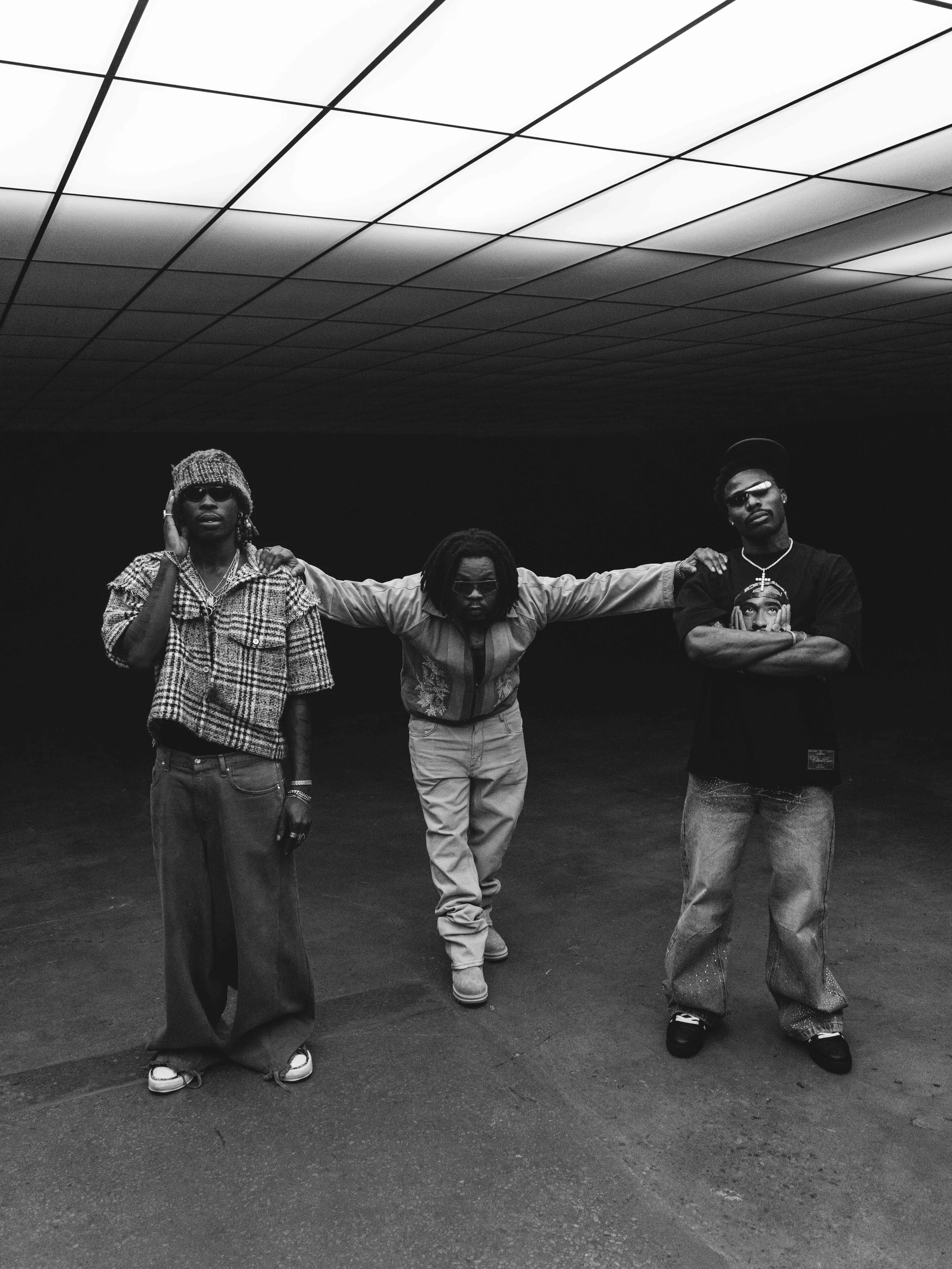5 Reasons Why People Didn’t Like the New Snow White Movie.
The new live-action Snow White adaptation has ignited a maelstrom of debate, moving well beyond the standard concerns about remakes potentially diluting beloved classics. Fierce criticism has erupted over the film’s casting choices, the reworking of iconic characters, and the perceived “wokeness” creeping into Disney’s retelling. While reimaginings of animated stories often stir strong reactions, this project has triggered controversies that span from cultural representation to the politics of the cast.
Rachel Zegler as Snow White
One flashpoint of contention arises from Rachel Zegler, a Latina actress, undertaking the role of the titular princess. Detractors argue that this disrupts the original fairy tale’s description of Snow White as possessing “skin as white as snow.” Their critique has at times veered into racially charged rhetoric, reflecting a deeper unease over racebending in classic stories.
Yet many others laud Zegler’s casting as a vital step toward inclusive storytelling, highlighting how Snow White remains a universal tale transcending its Germanic folklore roots. Zegler herself has addressed the backlash by pointing out the character’s popularity in Spanish-speaking countries and expressing pride in her heritage. She maintains that her portrayal respects the fairy tale’s message while reflecting the realities of global diversity today.
2. Magical Creatures, Not Dwarfs
Another focal point of the controversy involves Disney’s decision to depict the dwarfs as “magical creatures” rather than filling the roles with actors who have dwarfism. Critics decry this as an attempt to appear politically correct (“woke”), arguing that the move denies work to performers with dwarfism and overwrites an existing tradition.
Actor Peter Dinklage notably voiced his objections to the dwarfs’ original conception, calling it “backwards” and cautioning Disney to avoid recycling harmful clichés. Disney, for its part, explained that its choice aimed to sidestep perpetuating stereotypes anchored in a nearly century-old animated film. Supporters of this reinterpretation commend the studio for rethinking well-worn motifs, while opponents view it as an unnecessary deviation from an established, if arguably problematic, source.
3. Taking Aim at the Original Film
Zegler has further stoked debate by describing the 1937 animated Snow White as “extremely dated,” spotlighting components of the original plot—such as the prince’s behavior toward Snow White—that could be interpreted as stalking. While her candor resonates with those concerned about outdated tropes in children’s media, some accuse her of undermining the role she was chosen to champion.
This internal tension—namely, celebrating a long-revered story while critiquing its archaic elements—remains a flashpoint. Traditionalists claim Zegler’s statements disrespect the pioneering spirit of Walt Disney’s first feature-length animated film, whereas reformists champion her frank approach to reexamining fairy-tale narratives for modern audiences.
4. Gal Gadot and Rachel Zegler’s Divergent Views
Gal Gadot plays the Evil Queen, but her political stance has invited calls to boycott the film from some corners of the internet. A vocal supporter of Israel, Gadot has stirred ire among pro-Palestinian groups. Conversely, Zegler’s vocal solidarity with Palestine has drawn criticism from Israel supporters. These conflicting expressions of political allegiance have fueled further calls for boycotts, casting a shadow over promotional campaigns and overshadowing more traditional controversies such as storyline alterations.
5. Too Large a Departure—and Rumored Tensions
Rumblings online suggest that some fans regard this adaptation as straying too far from the cradle of the classic, a risk inherent to any reimagining. The shift from dwarfs to magical creatures, altered character arcs, and the modern cast’s politically charged statements converge to alienate purists yearning for a faithful tribute.
Adding to the commotion, rumors of a rift between Zegler and Gadot—whether over politics or creative disagreements—have further stoked speculation. Although these reports remain unverified, they underscore how behind-the-scenes drama can exacerbate existing hostility in the public sphere.
Conclusion
The furor surrounding the new Snow White underscores the difficulties of modernizing a venerable story. On the one hand, reinterpreting the fairy tale can broaden representation, revitalize archetypal characters, and align the narrative with contemporary cultural values. On the other hand, even well-intended departures from tradition can alienate longtime devotees, especially when social media amplifies polarizing voices.
In essence, this adaptation encapsulates a larger cultural dialogue about fidelity to classic narratives, inclusivity in high-profile entertainment, and the role of political convictions in shaping audience reception. Whether Disney’s risky departure from its 1937 jewel blossoms into widespread approval or succumbs to the weight of criticism will hinge on how the final product resonates with an increasingly discerning—and vocal—global audience.
































The single “Skipping Stones” by American singer-songwriter SOZI conjures a folk-infused reverie that glides between wistful reflection and buoyant optimism. The track, featured in Episode 9…